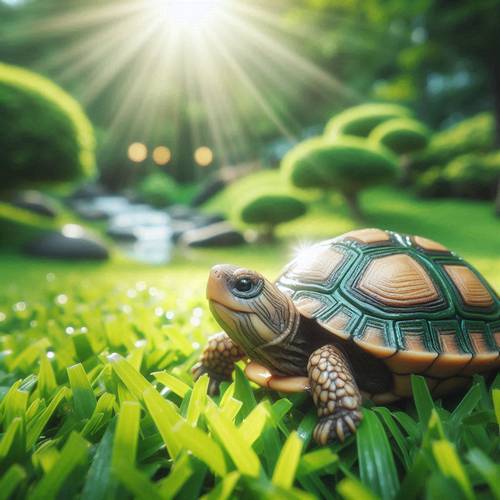Commercial Turtle Pellets
Commercial turtle pellets are a convenient and balanced food option for pet turtles, providing essential nutrients in a formulated mix. These pellets are designed to meet the dietary needs of different turtle species, ensuring they receive adequate vitamins, minerals, and proteins. They often come in various sizes and shapes to cater to turtles of all ages, promoting healthy growth and development. While pellets should form the base of a turtle's diet, they should be supplemented with fresh vegetables and occasional live food.
Live Food and Vegetables
What does turtles eat? Pet turtles thrive on a balanced diet that includes live food and vegetables. They enjoy live foods such as mealworms, crickets, and small fish, which provide essential protein. Vegetables like kale, carrots, and bell peppers are also favorites, offering vital vitamins and minerals. Mixing these food types ensures turtles receive a diverse and nutritious diet, promoting their overall health and well-being. Regularly including both live food and vegetables helps keep your pet turtle active and healthy.
Fruits and Treats
Turtles enjoy a variety of foods, with fruits and treats being popular additions. They love occasional fruits like strawberries, blueberries, and apples, which provide natural sweetness and essential vitamins. As treats, they also enjoy small amounts of cooked chicken or shrimp. These foods should be given sparingly to maintain a balanced diet, primarily consisting of leafy greens and vegetables. Always ensure that fruits and treats are fresh and free from pesticides to keep your turtle healthy and happy.



